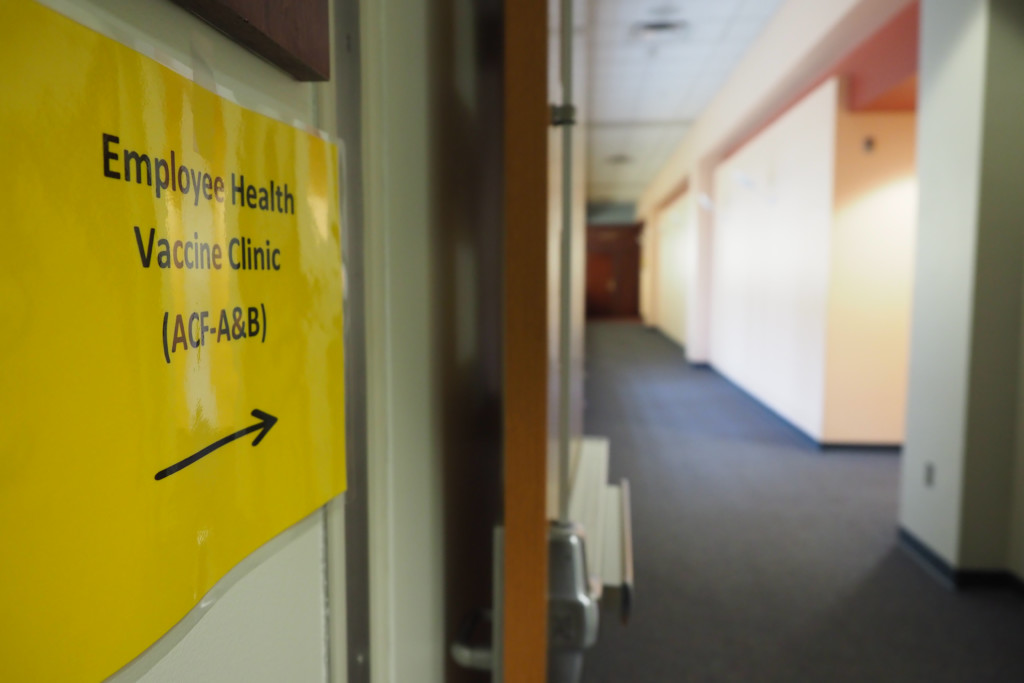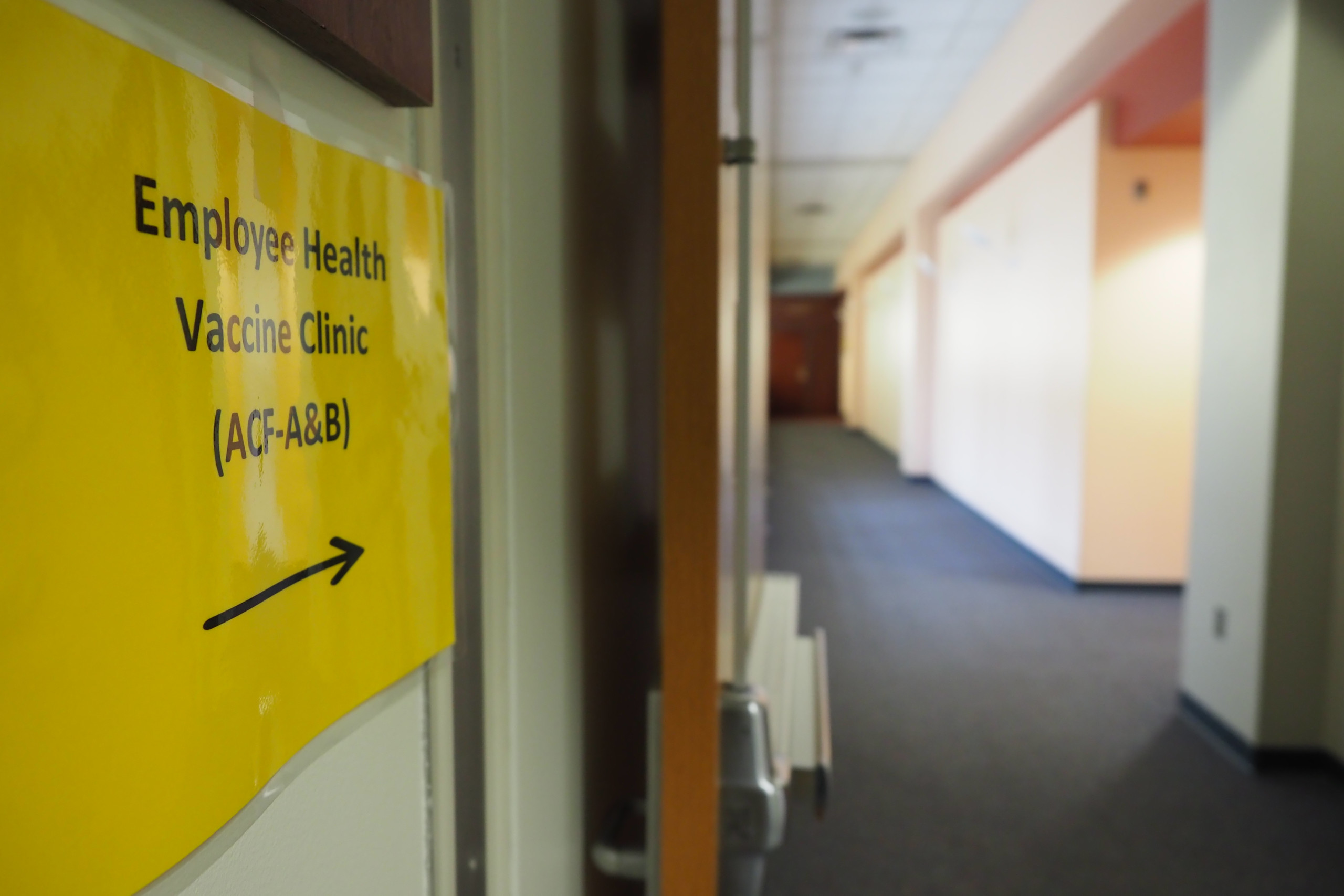Not all heroes wear capes. Some just have driver’s licenses and big hearts.
This is the case for Dr. Greg Savich (affectionately called “Greg” by his students), an adjunct professor for the Institute of Optics. All New Yorkers aged 16 and older have been eligible for the COVID-19 vaccine since April 6.
Following this announcement, Savich took time out of his class period to share with his students all the necessary information for vaccination sites and sign-ups, should they choose to receive the shot. Embedded in this discussion was his offer to personally drive students to their vaccines if they need a ride.
In an interview with the Campus Times, Savich acknowledged that, as with many aspects of adulthood, the process of obtaining a vaccine contains many barriers. He offered some commentary on pieces he had read about perceptions and realities of increased vaccine hesitancy among college-aged individuals, noting that “one way to fight hesitancy is to remove excuses.”
This philosophy and his goal of helping his students achieve a vaccine comfort level with minimal hesitancy inspired his transportation offer. However, Savich was careful during his class periods to not impose his personal beliefs on his students. He rather provided as many resources as possible to them so that they can make an educated decision concerning the vaccination, and if they chose to be vaccinated, he would minimize the barriers in the way of receiving a dose.
With further regards to the “why” of his offer, Savich discussed how he was a residential undergraduate on the River Campus for eight semesters, and can relate to the sense of geographical isolation students face at times. For on-campus UR students, it is no secret that transportation is a bit of a puzzle once they leave the bubble of River Campus and College Town.
The bus system is convenient and free, but with it comes the uncertainty of its ever-changing apps and unreliable scheduling. Students also have access to Ubers and ZipCars, but these options can be costly and time-consuming. However, until URMC began advertising student vaccine appointments, Yellowjackets who were eligible early were forced to find a site in the greater Rochester area if they wanted to be vaccinated, with students driving as far as Syracuse.
Savich extended his ride offer to both his UR and Monroe Community College students, yet described himself as “flabbergasted” when UR first-year Zach Sobel-Pressman, actually took him up on the offer. The pleasant surprise gifted both involved parties with a chance to connect on a deeper level than their biweekly Zoom lectures. Savich was honored that Sobel-Pressman felt comfortable enough with him to reach out. Sobel-Pressman was eligible for the vaccine before April 6, and thus had to travel off campus for his shots, so Savich’s assistance in driving him to his second dose was very much appreciated.
Sobel-Pressman was eager to expressed his gratitude, saying, “I’m really lucky to have a professor as caring and selfless as Greg. I’m also happy that the University is now providing vaccines on campus and at the Medical Center so they are more accessible to students who aren’t fortunate enough to have professors like Greg.” Savich’s generosity eased a burden for Sobel-Pressman at a time when we can all benefit from extra kindness.
Savich confessed that, aside from the completion of his Ph.D., receiving his second vaccine dose was the event that eased his stress the most in his life. Naturally, he wanted to pay this forward. He has a reputation within the Institute of Optics for being an instructor that prioritizes students’ needs and mental health, and he upheld this once again.
By taking actions as small as sending registration links in the Zoom chat during class and driving a student to their shot, Savich made an impact. I echo Sobel-Pressman’s thankfulness in attending a university where professors such as Savich go above and beyond their job description, and willingly give their free time to help those with less access to resources.


